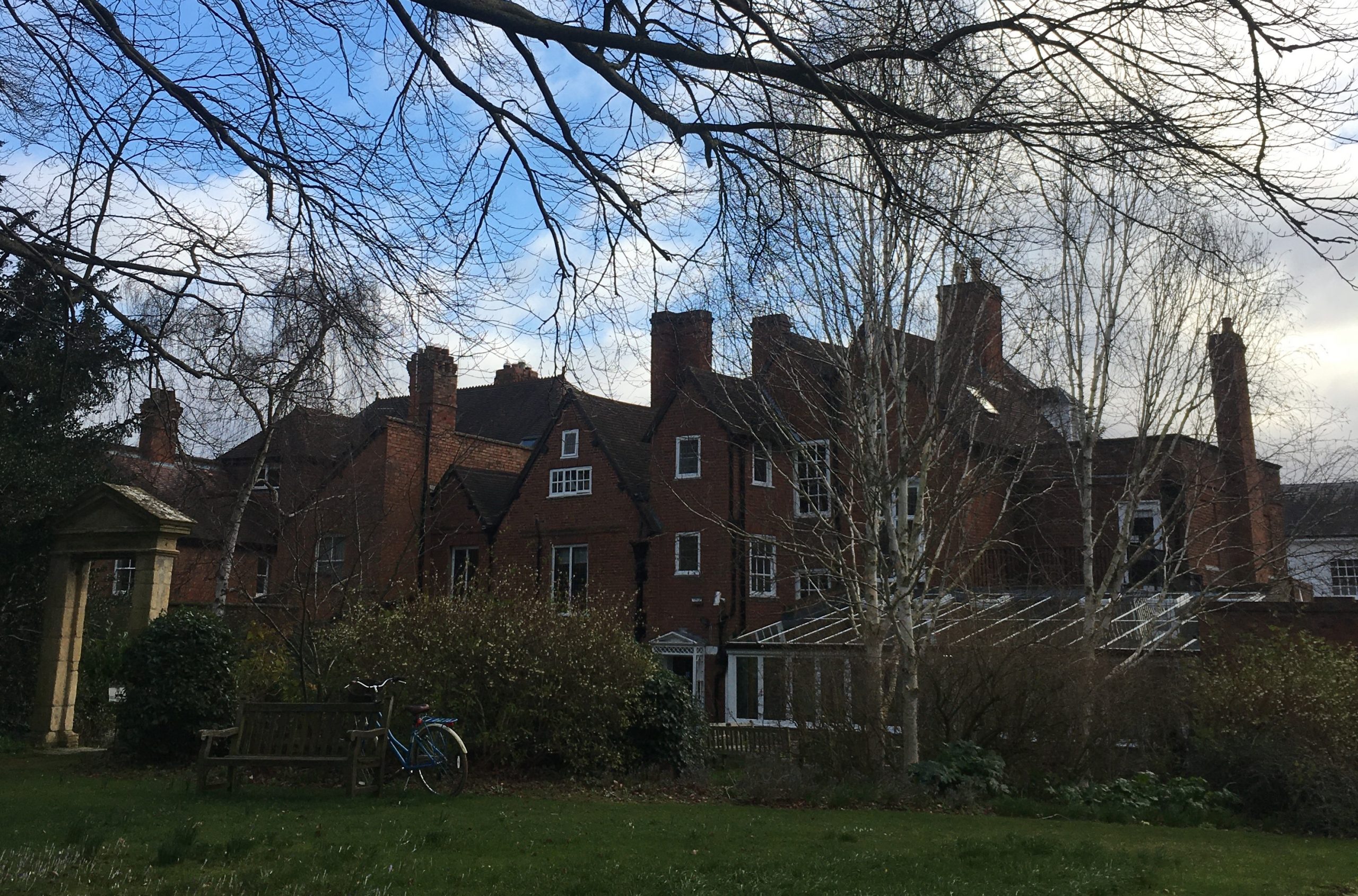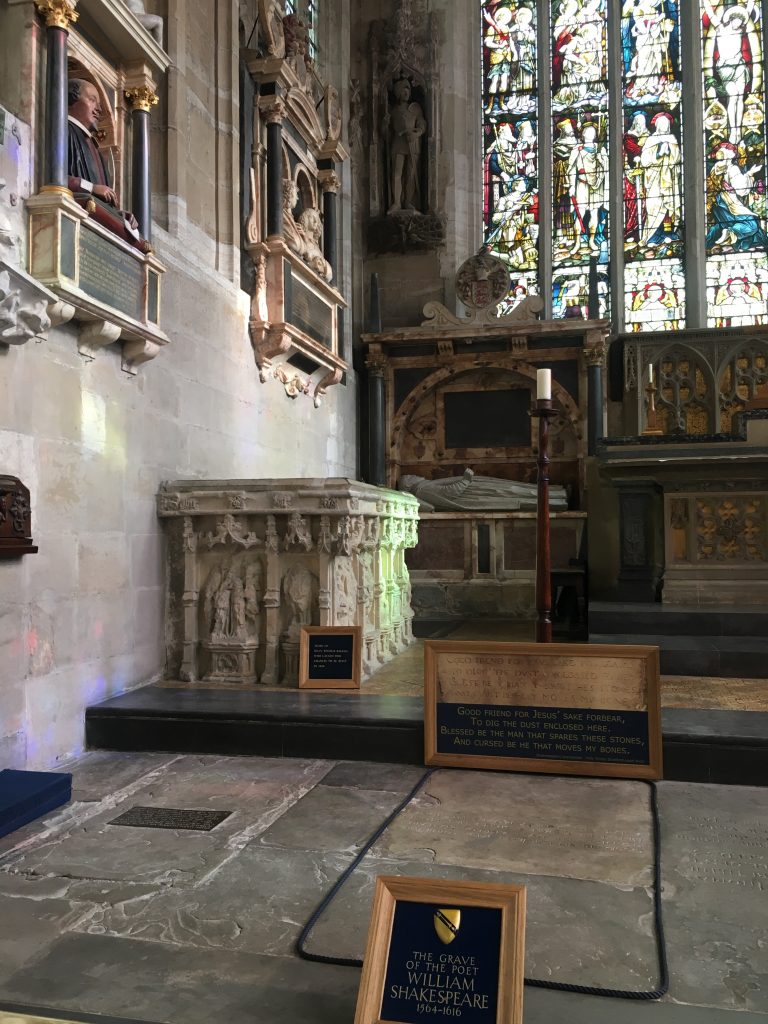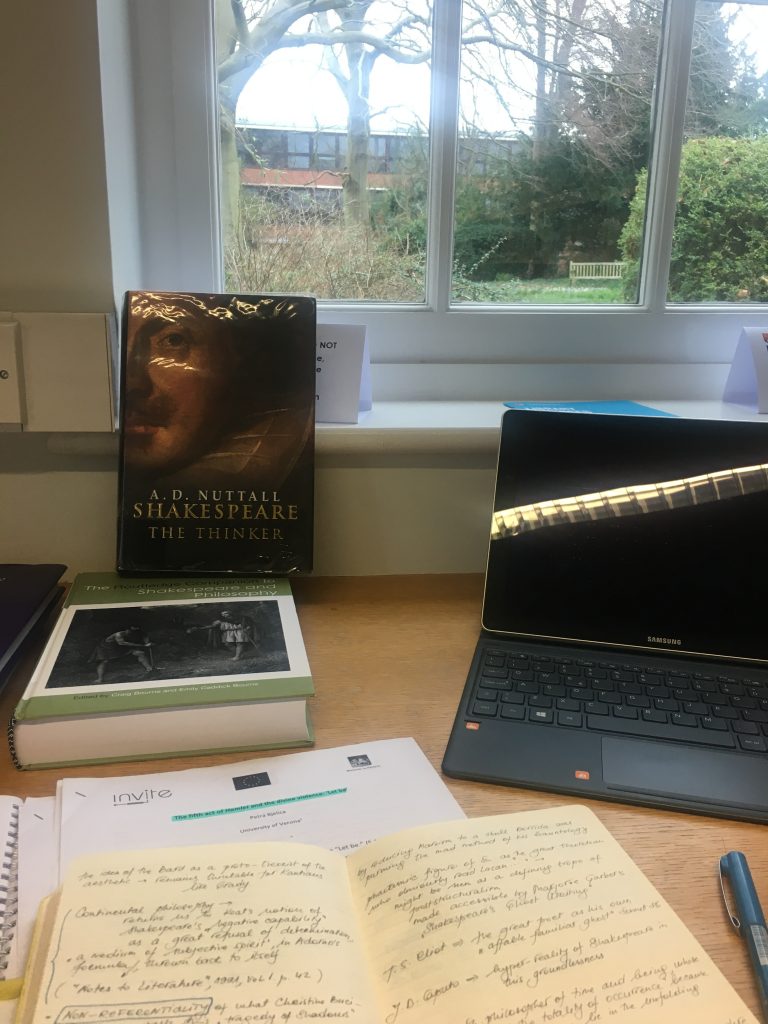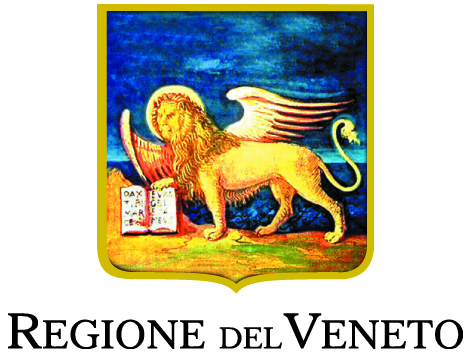 INVITE Blog / INVITE scientific achievements
INVITE Blog / INVITE scientific achievements
Our series about the scientific achievements by our INVITE fellows continue with Petra Bjelica, who has studied the influences of Shakespeare on Dostoevsky.
As far as my knowledge goes, my PhD thesis is the first study in English language focused on the influence of Hamlet on Dostoevsky’s work, more precisely, on the links between Shakespeare’s play and the novel Demons.
During my research, I discovered new details about the ways Dostoevsky used references to Shakespeare’s Hamlet and Russian Hamletism and I offered a new interpretation of Demons following these assumptions.
From research to stage
Moreover, I created a new and original methodology for interpreting the way Dostoevsky used sources in his novels. My contribution includes an adaptation of my thesis into a theater performance Гамлет (Gamlet).
Having in mind the enormous importance of these two authors for world culture and literature, I suggest my project might be a relevant contribution both to the academic study and general culture, serving as a starting point for further research.
With INVITE I could move and meet people
The INVITE PhD has been a rewarding, exciting and inspiring experience. I am grateful to my generous and supportive supervisors that are exquisite experts in their fields.
Also, the opportunities to visit The Shakespeare Institute, to participate in many international conferences, to follow the most relevant and latest developments in the field, to meet renowned scholars and writers broadened my views and immensely contributed to the quality of my project and enriched my knowledge.



Here is a list of the conferences I have had the chance to participate in :
- The European Research Shakespeare Association’s biennial conference ““The art itself is nature”: Shakespeare’s Nature | Art | Politics” with a paper “I must be cruel only to be kind: Serbian production of Hamlet as a sign of paradoxical national identity and disillusionment in post-communist Eastern Europe”, Athens, Greece.
- The International Colloquium “F.M. Dostoevsky: Humor, Paradoxality, Deconstruction” with the paper “The paradox of an ideal: the role of references to Shakespeare in Dostoevsky’s Demons”, Genoa, Italy.
- Conference “Shakespeare Readings 2020”, with the paper “Dostoevsky’s Stavrogin as a radicalised double of Hamlet”, Russian Academy of Science, Moscow, Russia.
- The European Research Shakespeare Association’s biennial conference “Shakespeare and European Geographies: Centralities and Elsewheres” with a paper “The fifth act of Hamlet and divine violence: Let be.”, Rome, Italy.
- The III Armenian Shakespeare Association’s International conference “Shakespeare and Venice: Between the Crossroads of East and West” with a paper “The influence of Hamlet on Dostoevsky’s character Stavrogin from Demons”, Venice, Italy.
Recommended Posts

Rafiqul Islam: Managing water crisis and women empowerment go together
23 Jun 2022 - INVITE Blog, INVITE scientific achievements





